Resolution #464
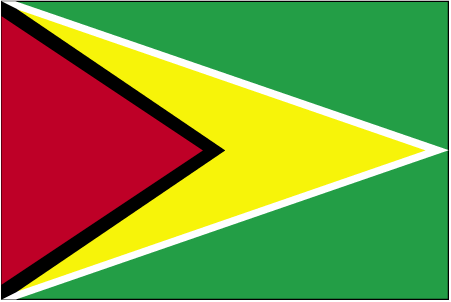 |
The question of the role of women in the advancement of economic development. |
| Committee: ECOSOC | |
| Main Submitter: Guyana | |
| Submitted: 15/02/2025 15:09 |
| Status |
|---|
| Passed cosubmitter sheet validation |
| Approved by approval panel |
| Selected for debate by secretariat |
| Failed by committee (ECOSOC) |
Committee Voting
| For: | 0 |
| Against: | 11 |
| Abstentions: | 10 |
Options
Co-submitters
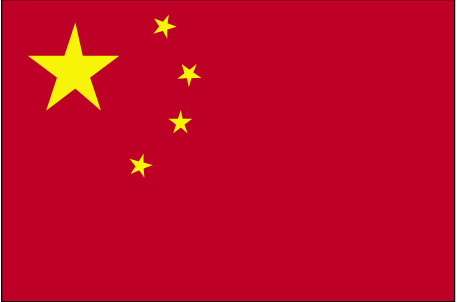 | China |
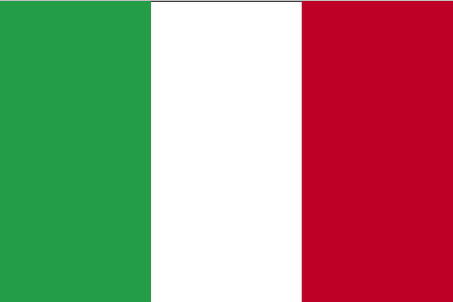 | Italy |
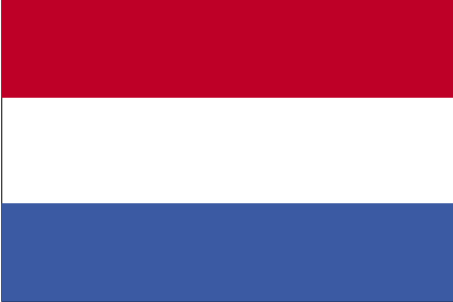 | Netherlands |
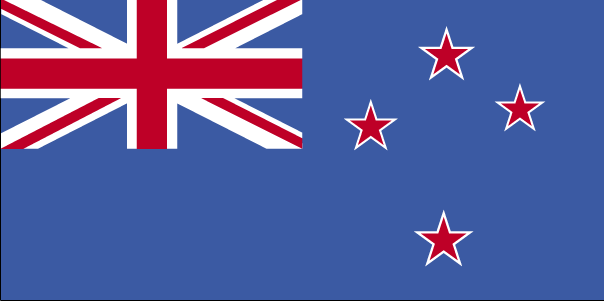 | New Zealand |
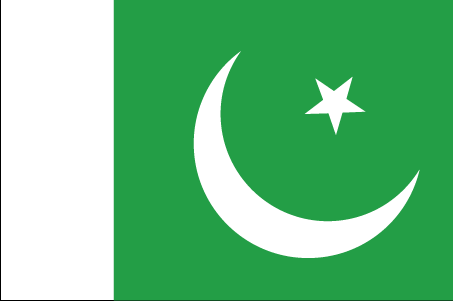 | Pakistan |
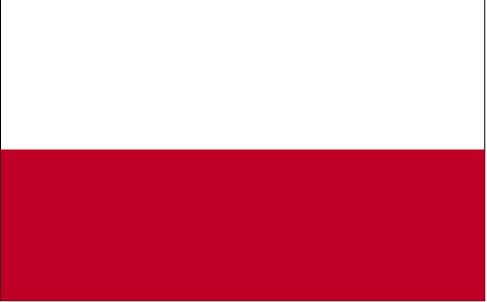 | Poland |
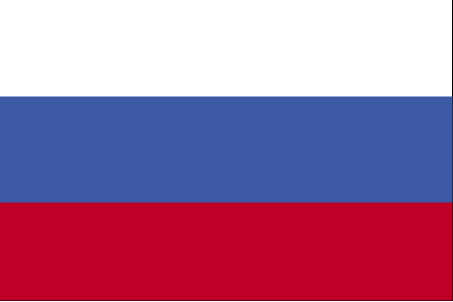 | Russian Federation |
Resolution
FORUM: ECOSOC
THE QUESTION OF: The Role of Women in the Advancement of Economic Development
SUBMITTED BY: Guyana
CO-SUBMITTED BY: Netherlands, New Zealand, Kenya, Japan, Pakistan, Poland, Russia
THE ECONOMIC AND SOCIAL COUNCIL,
Recognising that 72% of the global population is affected by gender inequality,
Acknowledges that globally, women's labour force participation rate was 54% compared to 81% for men,
Reaffirms the need for all Member Nations to collaborate to ensure that women are prevalent in the development of economies worldwide,
Acknowledging the need for job creation for women in emerging industries such as green energy, technology, and digital services, which offer opportunities to adapt to global trends;
1. Encourages the creation of a United Nations body called the United Nations Development Body for Women (UNDBW) collaborating with the UN Development Programme (UNDP), the UN Conference on Trade and Development (UNCTAD), other relevant UN bodies and Member Nations with the aim of overseeing the funding and the implementation of this resolution while ensuring the inclusion of women in economic development such as:
a)The creation of a UN Development Fund for Gender Diversity (UNDFGD) with funding coming from the World Bank with the aim of funding the implementation of this resolution with a specific focus on LEDCs:
i. assisting LEDCs in implementing the various clauses within this resolution
ii. fund legal aid programmes being ran by the UNCWE and UNDP, to provide women the necessary information and support to fight for their rights including land rights and workplace discrimination
iii. providing low interest loans and grants for women entrepreneurs through collaboration with Member Nations to support women led corporations
iv. fund and provide maternal healthcare programmes in coordination with the WHO as well as sanitary products and contraception to allow women to balance family and work life
b)running capacity building programmes in LEDCs, being funded by the UNDFGD, to provide women the necessary skills and education they may have been deprived of to increase their ability to work in their preferred sector and set up companies through means such as:
i. the creation of adult literacy programmes being ran in various community centres for women with the aim of preparing them to be hired or acquire further education
ii. the creation of workshops to teach women various skills to prepare them for practical jobs such as hairdressing, potentially through collaboration with the private sector;
c)ensuring implementation of this resolution in its entirety begins immediately upon its passing with full implementation before the year 2028 with possible deadline extensions on the advice of the conference mentioned in clause four and the referral to the UNDBW for the drafting of a resolution,
2. Recommends that all Member Nations reform their government policies and laws through:
a)changing the education system inside the individual member nation to ensure women have adequate access to education through:
i. ensuring women are able to attend schools, removing barriers to entry such as laws barring women and increased costs for women
ii. providing adequate education on genders in an attempt to remove gender stereotypes, informing all students including males on human rights and the reality of maternity
iii. providing subsidies for all individuals in rural and less developed areas with funding coming from the UNDFGD where required with the aim of encouraging women to attend schools
b) revising the healthcare system to ensure women's healthcare is a priority to make sure they are able to work by:
i. ensuring female healthcare such as maternal and menstrual assistance is recognised as a human right and necessary healthcare
ii. ensuring hospitals have the adequate facilities to deal with women’s healthcare such as maternal issues with funding coming from the UNDFGD where necessary
c) provide sufficient paternal and maternal leave while ensuring pay through:
i. allowing women to take a suitable amount of time off, on maternity leave or paternal/parental for taking care of their children, without the fear that their career could be at risk or threatened because of this
ii. ensuring that maternal leave is paid leave, so financial worry isn’t a major factor when a parent needs to take time off to look after their child/children
d) strengthening and enforcing workplace protection laws such as anti-harassment to ensure that women have access to safe, equitable, and inclusive working environments;
3. Acknowledging the need for job creation for women in emerging industries in Member Nations such as green energy, technology, and digital services, which offer opportunities to adapt to global trends through collaboration with the UNDP and the UNDBW:
a. Providing a platform for member nations to voice their concerns regarding the effects of gender inequality in economic development, and the implementation of this resolution
b. Facilitating and planning to take action on the addressing of these concerns
c. Monitoring and discussing progress made regarding the implementation of this resolution and suggesting actions to member nations to help them further implement all clauses of this resolution
d. Providing a detailed UN report comprised of member nations’ progress implementing this resolution, and everything discussed at the conference, to be made available to the UNDBW as well as to all member nations, to be utilized for further research, progress and action;
5. Urges the UN to create a framework, recommending member states to implement it to increase access to sanitary and healthcare products for women in marginalized communities through means such as but not limited to:
a. Subsidized or free distribution programs to ensure affordability of essential products for low-income women
b. Partnerships with local organizations to distribute sanitary products in underserved areas, including rural and remote locations
c. Public awareness campaigns that address the importance of menstrual health and hygiene, reducing stigma and encouraging education
d. Integration of menstrual health services into general healthcare provisions, ensuring that women have access to both sanitary products and necessary medical care
e. Policy reforms that ensure sanitation facilities in schools, workplaces, and public spaces are adequate and accessible to women
f. Collaboration with the private sector to support the production and distribution of affordable, sustainable, and environmentally friendly products
g. Use of digital platforms to enhance access to information, education, and product distribution, particularly in communities with limited infrastructure
h. Training healthcare providers on menstrual health and hygiene.